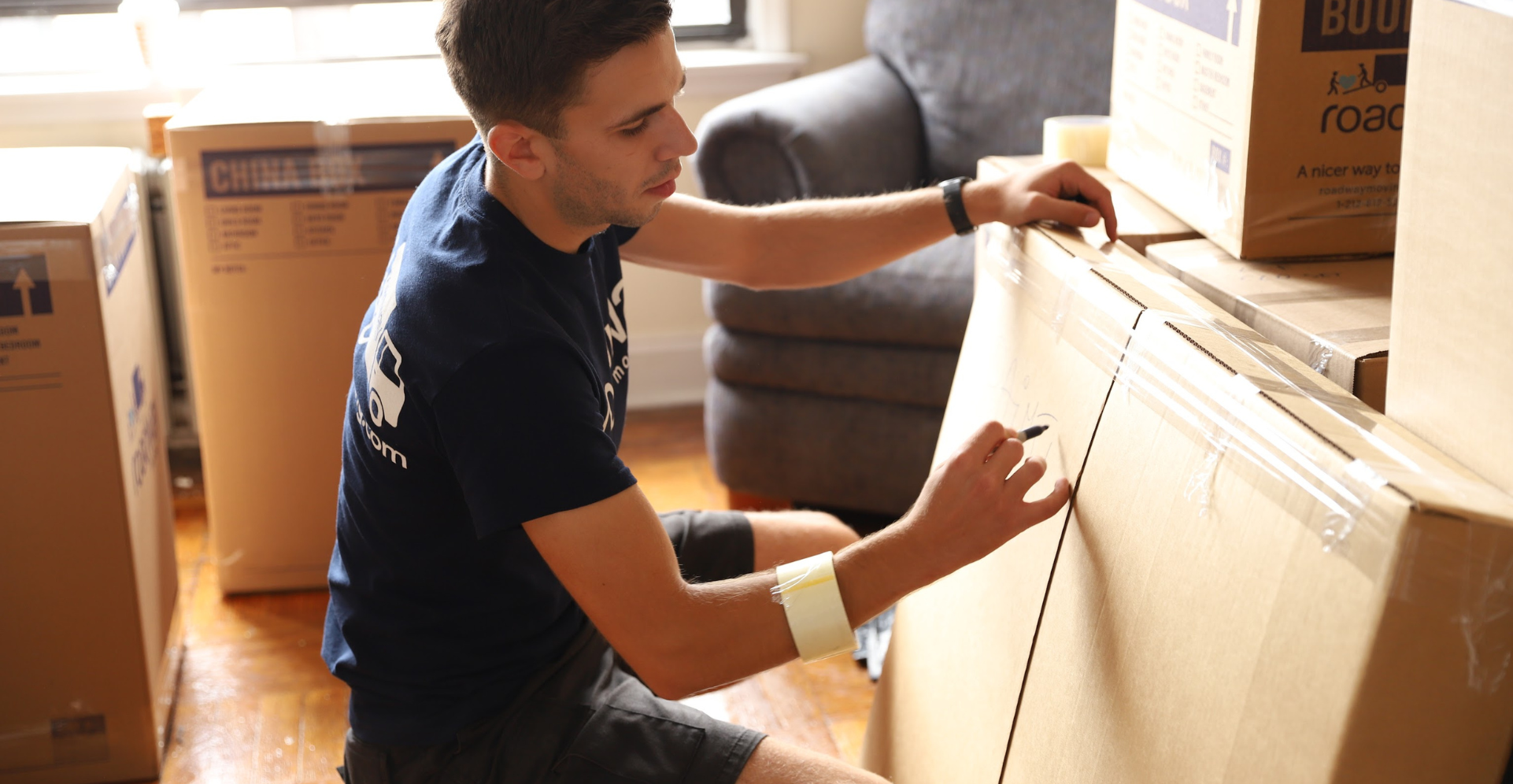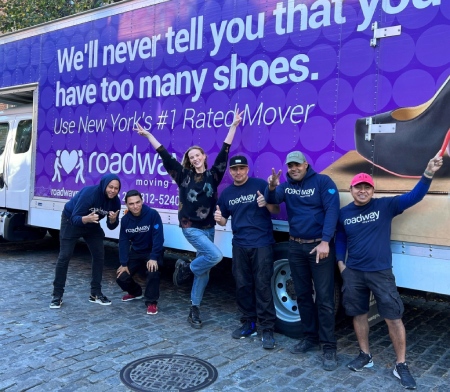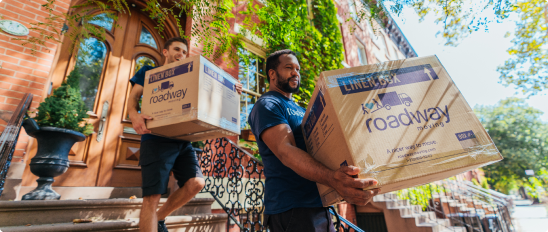What to Know When Movers Pack Your Belongings







Moving to a new home is an adventure filled with anticipation and excitement, but it also comes with its fair share of stress. To make sure your belongings are in good hands and your move goes smoothly, there are a few key things you should know when movers pack your stuff.
Preparation and Communication
Before the big day arrives, it’s essential to communicate openly with your moving company. Share any special needs or requests with your relocation specialist in advance. Any last-minute changes can impact pricing, so it’s important to iron out all the details beforehand. Remember, communication is key to avoiding any surprises along the way.
Inventory List
When it comes to moving, organization is your best friend. Make sure you provide a detailed inventory list of all your belongings during the estimate stage. If there are any changes to your inventory, let your movers know at least three days before the move. This ensures that everything is accounted for and helps avoid any unexpected costs. When the movers arrive, take a moment to review their inventory list and compare it to yours before signing off on it.
Proper Labeling
While movers will take care of labeling the boxes, don’t hesitate to speak up if you have specific labeling requests. Whether it’s marking fragile items or designating boxes for certain rooms, clear labeling makes unpacking a breeze and helps ensure everything ends up in its rightful place.
Special Handling
Certain items require special attention during the packing and moving process. Whether it’s delicate heirlooms or bulky furniture, make sure to communicate any special handling requirements with your movers ahead of time. This includes notifying them of fragile items that need extra care and any unique challenges, like items that require crating or specialized equipment for moving.
Moving Coverage
Protecting your belongings is paramount during a move. Before the big day, opt for a full value protection plan to safeguard your items against loss or damage. If you want additional peace of mind, consider purchasing third-party insurance for added coverage. Read more about full value protection here.
Feedback and Follow-Up
Once the dust has settled and you’re settling into your new home, take a moment to provide feedback to your moving company. Your insights help them improve their services for future customers. And don’t forget to tie up any loose ends, like unpacking and organizing, to ensure a smooth transition into your new space.
Things You Need to Keep Separated
There are certain items that moving companies typically won’t pack due to safety or legal reasons. It’s important to identify these items and make arrangements to pack and transport them yourself.
Here are some common examples of items you should never let movers pack:
Items such as jewelry, cash, important documents (e.g., passports, financial records), and family heirlooms should be kept with you during the move.
Documents such as passports, birth certificates, marriage certificates, wills, insurance policies, and financial records should be kept with you during the move to prevent loss or damage.
Items with sentimental or irreplaceable value, such as photo albums, sentimental gifts, or personal keepsakes, should be packed and transported by you to ensure their safety.
Avoid packing perishable items such as frozen or refrigerated foods, plants, and pets. It’s best to consume or donate perishable items before the move.
Keep prescription medications, medical supplies, and first aid kits with you during the move to ensure access in case of an emergency.
Important electronics such as laptops, tablets, smartphones, and chargers should be packed separately and kept with you during the move to prevent loss or damage.
Movers are prohibited from transporting hazardous materials such as explosives, flammable liquids, corrosives, and other dangerous chemicals. Examples include propane tanks, gasoline, paint thinner, and household cleaners.
Moving companies won’t transport firearms or ammunition due to safety regulations. Ensure these items are properly secured and transported in compliance with local laws.










